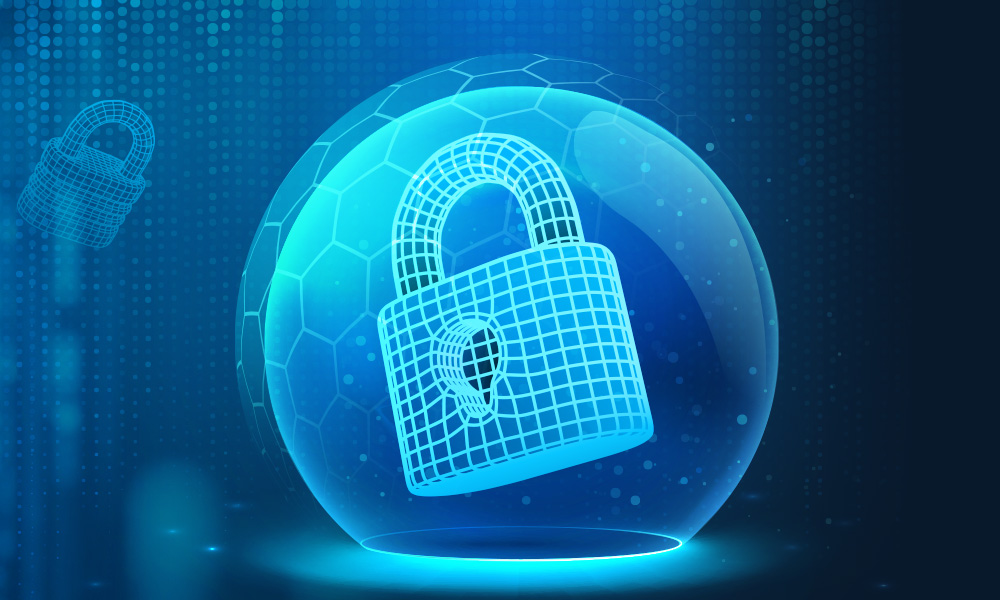ISO 27001 adopts a more holistic approach and is focused on the development, implementation and continual improvement of an information security management system (ISMS).
Adopting a risk-based approach, ISO 27001 considers threats to all of its information assets in whatever form, i.e. paper, information systems or digital media.
When certifying to ISO 27001, you need to provide the assessor with evidence that you are meeting all the mandatory elements of the management system e.g. understanding the organisation, demonstrating leadership commitment, conducting risk assessments and treatment, evaluating performance and continually improving.
The controls you implement are dictated by your risk assessment. Cyber Essentials on the other hand is a ‘snapshot in time’ assessment, where the focus is on protecting data and programs on networks, computers, servers and other elements of IT infrastructure, from cyber threats.
There is no risk assessment involved and all the security measures set out by the NCSC must be in place at the time of the certification assessment. The same applies to Cyber Essentials Plus.

NHS Cyber Security Open Letter: What Does it Mean for Suppliers?
URM’s blog explains the recent open letter to suppliers issued by the NHS, what it means, why it matters, and the practical steps you can take to prepare.

URM’s blog explores the importance of cyber resilience & the steps organisations can take to prepare for and mitigate the impact of a cyber incident.

URM’s blog explores common weaknesses in organisations’ security programmes, & outlines practical, cost-effective measures to reduce the likelihood of a breach

URM’s blog breaks down the new EU Cyber Resilience Act, what products/entities are in scope, the security requirements it imposes on organisations, and more.

